Seeing
A Single Man prompted a discussion about how it would rank in the pantheon of gay themed movies, so it seemed timely to create this post of the top ten gay themed movies of all time. These aren't meant to be movies that are perennial audience favorites (AfterElton.com conducts an
annual poll of those), which would naturally include many smaller films centered on young, good-looking couples, or even the movies that are most important to the evolution of "gay cinema" (such a list would have to include such titles as
Boys in the Band,
Philadelphia,
Parting Glances, Longtime Companion, and
Angels in America - none of which are included here. Why? Important movies for how they advanced the portrayal of gays on screen - but formally, as movies standing on their own as cinema, less interesting than those that make my list below).
Rather, I've compiled here a list based strictly on the criteria of how well these films hold up as film form...how they would fare in any list of cinematic top ten. It would be no surprise, then, that most of these movies are more recent: directors and studios have only recently begun creating films featuring characters openly identified as gay that are created with the same level of writing, directing, and acting that one might expect from any Oscar-worthy film.
There are actually so many films worthy of mention, that listing only ten would slight some of the quirkier and possibly most interesting. So I've expanded the list to twenty - consider the first ten mentioned below a bonus.
Pedro Almodovar has been the gay bad boy of Spanish cinema for almost three decades; though most of his movies focus on women on the verge of nervous breakdowns,
Bad Education seems to be his most personal film, one that brings the irrepressible Almodovar style to the story of two long-lost fiends who are reacquainted, and recall their youths and churchly pecadillos. This film embraces the kind of interesting turns and flamboyant drama that only an auteur like Almodovar can deliver.

19.
Paris Is Burning,1990
The movie that introduced the word "vogueing" into the lexicon, inspiring an entire album of Madonna songs. But Jennie Livingston's documentary of underground drag balls still remains a forceful and authentic exploration of a sub-sub culture.
A Hitchcockian thriller set in Argentina (there's a strong echo here of
Rope), it explores the theme of gay men as Doppelgangers, murderers, and doubles. Perhaps arriving at a moment when gay consciousness was about to change in film, and thus still being very coded about the characters' sexuality, it nevertheless is a stylish thriller well capturing the spirit of independent cinema of its time.

17.
The Birdcage, 1996
The remake of the 1978 film,
La Cage Aux Folles (which doesn't hold up nearly as well as our memories of this groundbreaking comedy would wish), the Nineties version staring Robin Williams and Nathan Lane is actually a superb comedy of slapstick and sentimentality. There's not a moment of poor timing in this well-directed comedy that seems to perfectly capture the perilous clash of cultures of the Clinton era.

16.
Wild Reeds, 1994
This beautiful French film won several awards but has often been overlooked by gay audiences. It tells a story that may be a little oblique for most (centering on a trio of friends - a classic gay/bi-sexual love triangle - during the French Algerian war), it has more in common with New Wave French cinema than with many of the more accessible gay-themed indies of the Nineties. Yet still one of the most beautiful coming of age films made.

15.
My Beautiful Laundrette, 1985
The film that put both Stephen Frears and Daniel Day Lewis on the map. Perhaps one of the best depictions of the confluence of race, sexuality, and politics in the 1980s, it wears a bit with time (no film tackling this subject would get away with so little flesh today), but still evokes its time and place so strongly, it may eventually become one of those films that are completely synonymous with its decade.
Largely overlooked by all audiences, Gus Van Sant's lose depiction of the events leading up to the shootings at Columbine high school is a brilliant, haunting deconstruction of nihilistic youth. That van Sant imagines that his homicidal shooters are closet lovers may be a stretch of the truth, yet it ads a powerful psychology to what is otherwise an incomprehensible tragedy.
L.I.E. - for Long Island Expressway, amongst other things - tells the story of a fifteen-year-old boy, getting into trouble, who ends up befriending an older man who just happens to like...fifteen year old boys. Of all the small indie films that fall into this kind of creepy, gay pedophilia genre (in which I put films like
Chuck and Buck and
Happiness),
L.I.E. is the best - and not only because it features a stand-out performance from Brian Cox.
The grandiloquent interpretation of the E.M Forster novel by filmmakers Merchant and Ivory has all the sumptuousness one would expect from a Merchant/Ivory production, only the two main characters happen to be of the same sex. A classic of literature that stands up with any other work by Forster or the filmmakers.
Yet another film on my list starring Colin Firth (did you find the other two?). A wonderfully told tale of the young Guy Burgess and the tangled web between spying and homosexuality.
This fan favorite often makes the list of the top ten gay films, and deservedly so. In the late Nineties, before the big studios bought the indie houses and turned them into mini-majors, there were dozens of heartfelt independent gay movies made on small budgets for eager audiences, including
Trick,
Go Fish,
Billy's Hollywood Screen Kiss,
Edge of Seventeen,
Velvet Goldmine,
Bent, and
The Broken Hearts Club. Beautiful Thing deserves to top that list, as this story of two young high school students falling in love has a purity of spirit and easy authenticity that elevates this material beyond mere gay love story.

9.
Gods and Monsters, 1998
This late-nineties film staring Brendan Fraser and Ian McKellen won a best screenplay Oscar for writer/director Bill Condon (who gave a great acceptance speech - perhaps the first Oscar speech to acknowledge a gay partner). The film, based on a novel by Christopher Bram, is a remarkable story of an artist haunted by his memories of World War One, who looks for beauty in the ugliness about him (and ugliness in the beauty). A wonderful metaphor for the artist's experience - and perhaps the gay man's as well.
Perhaps the best gay documentary ever made,
Paragraph 175 explores the Nazi persecution of gays, and uncovers some remarkable interviews with those who lived through the nightmare. This fine film is more than a mere catalog of persecution; we hear what it was like for gays in Germany and neighboring countries before, during, and after the war, and find therein a remarkable culture as well as memorable tales of love, loss, and remembrance.
Just because a movie stars Terrance Stamp, Hugo Weaving, and Guy Pierce as three fierce drag queens on a trip across the country, doesn't mean it's good (just look at the sad American remake,
To Wong Fu). What catapults Priscilla to the top of the list are the fine performances and the real sense of abandon and adventure captured by director Stephen Elliott. The costumes were fabulous too (even
Oscar noticed that).

6.
Priest, 1994
Nominated for best film in three film festivals, this movie tackles the subject of gay sexuality and religion head on and without fear. As relevant today as it was fifteen years ago,
Priest delivers a powerful story of a gay man coming to terms with his religion that's both erotic and intelligent.

5.
Far From Heaven, 2002
This 2002 confection from gay underground auteur Todd Haynes (who started his career directing
Barbie dolls and provided us with the absolutely critically influential gay indie,
Poison) has received far too little attention for the real cinematic triumph that it is. This film of eerie, stiffling, 1950's surburbia and the "normal" housewife who uncovers her husband's homosexuality and abandons herself into an affair with an African American from the other side of the tracks is a study in film form, and has influenced culture since in ways uncountable - from "True Blood" to "Mad Men."

4.
A Single Man, 2009
Tom Ford does more than create pretty pictures here - he develops a film of heightened style from Christopher Isherwood's melancholy novel of lost love. Both a salute to the Italian Cinematic style of Bertolluci, and a kind of glossy, 1960's-era men's cologne commercial,
A Single Man is sad and sexy, as well as a powerful statement about the meaning of mature, gay relationships.

3.
Boys Don't Cry, 1999
It won Hillary Swank her Oscar, but this movie was more than a star vehicle. The story of Brandon Teena, a transgendered teen born female who preferred life as a male, this fictional account of a true story carried the weight of real drama, as well as that unforgettable performance.
The second movie by Gus Van Sant to make the list,
Milk is a fully realized film that's about both the coming of age of a gay man, and of a political movement. More than any other gay film,
Milk fully integrates a portrayal of the gay experience and a very personal love story into a dramatic recreation of the culture and history that now informs every gay person's life.
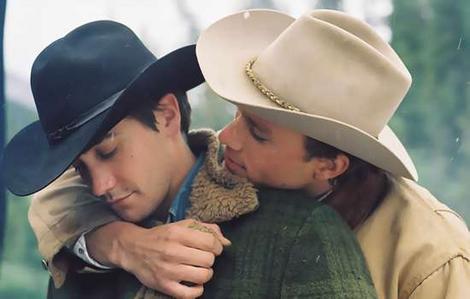
1.
Brokeback Mountain, 2005
Lauded with accolades the world over, it should have won the 2005
Oscar Best Picture. Ang Lee's powerful portrayal of two closeted cowboys discovering their love for each other in the 1960's west is as big a movie as any of the Hollywood greats, and filled in every way with standout elements - from that amazing score, to the bountiful cinematography, to the gossip-worthy backstories of on-set romance, to the breakout performance by Heath Ledger. And let's not forget that breathtaking ending, when Ennis finally places Jack's shirt over his own, as if hanging in eternal embrace. A classic tearjerker, and though not nearly as politically aware as
Milk, it's a film that certainly speaks to all audiences, as the very best of movies do.
 10. Children of Men, 2006
10. Children of Men, 2006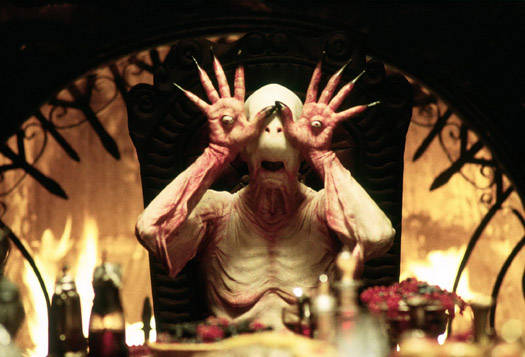 9. Pan's Labyrinth, 2006
9. Pan's Labyrinth, 2006 1. No Country for Old Men, 2007
1. No Country for Old Men, 2007
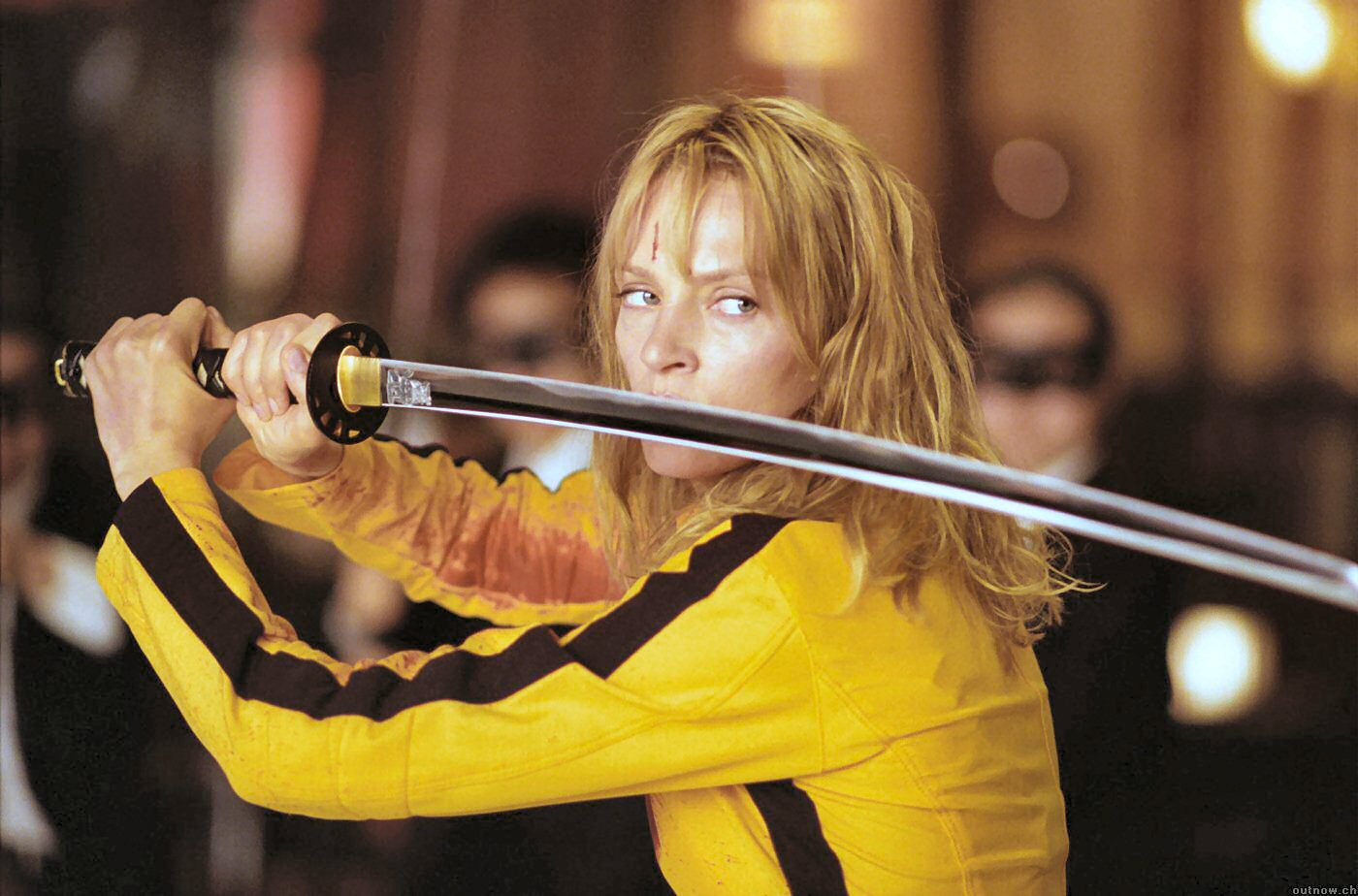
















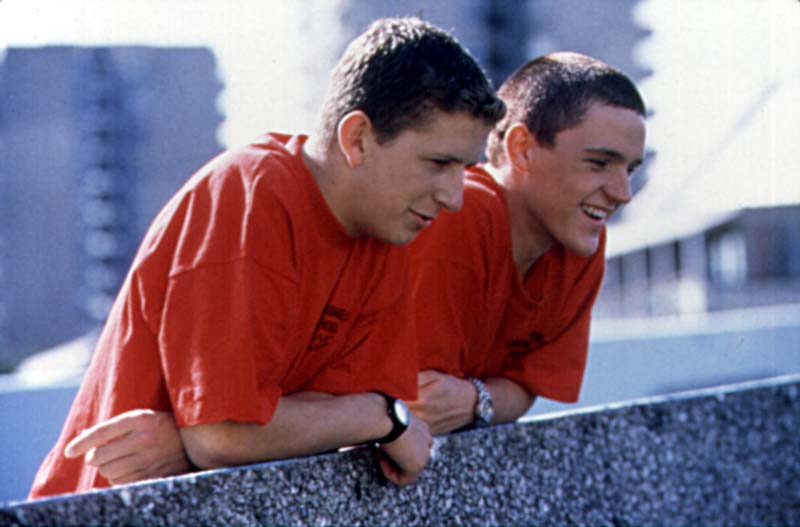













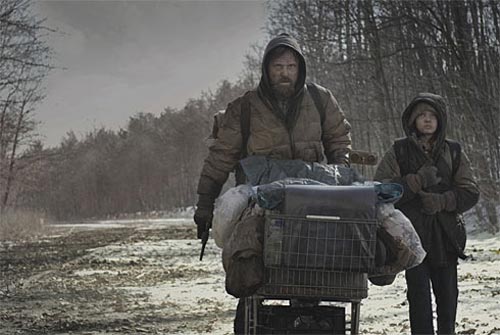

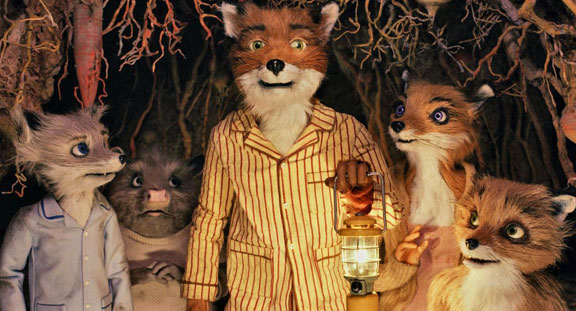



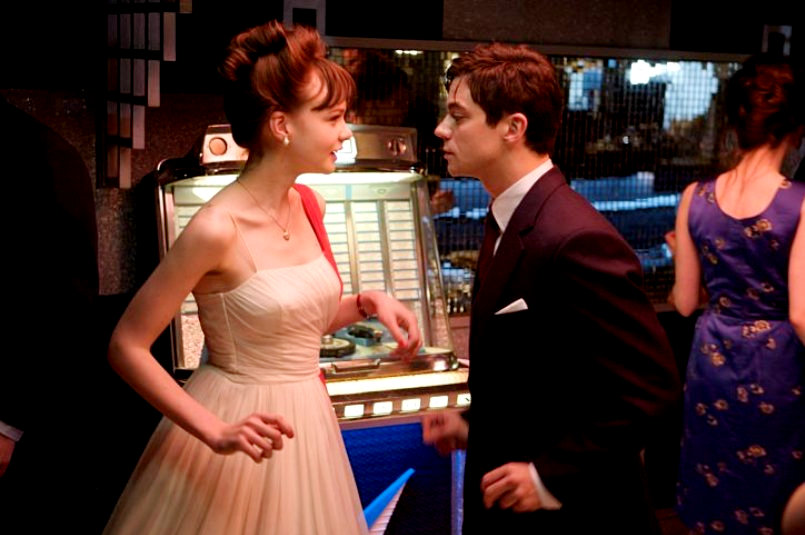

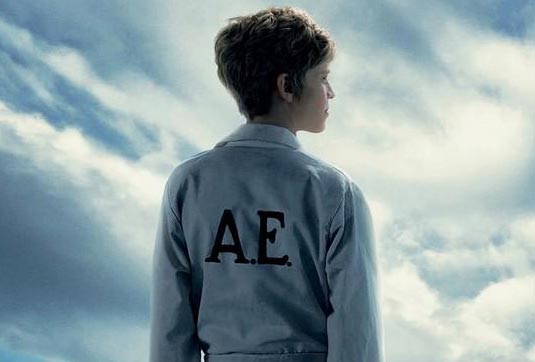
 There's something off about Mira Nair's sumptuously lugubrious tribute to Amelia Earhart, and it's apparent within the first few minutes of what really amounts to a nature film: we aren't going to learn a single new thing about the famous female pilot, notorious for her disappearance over the Pacific during an ill-advised round-the-world flight. Instead, we're in store for a slavish tribute film, all sepia and gold and weighted with studied authenticity and poetic flights of seagulls.
There's something off about Mira Nair's sumptuously lugubrious tribute to Amelia Earhart, and it's apparent within the first few minutes of what really amounts to a nature film: we aren't going to learn a single new thing about the famous female pilot, notorious for her disappearance over the Pacific during an ill-advised round-the-world flight. Instead, we're in store for a slavish tribute film, all sepia and gold and weighted with studied authenticity and poetic flights of seagulls.




